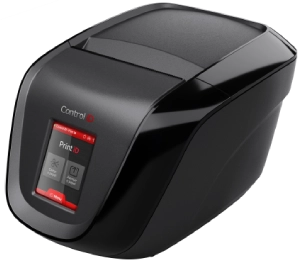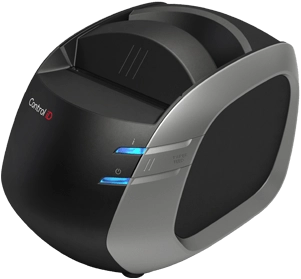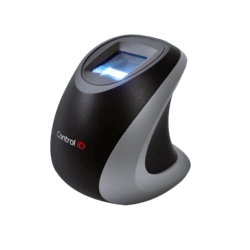Commercial Automation
Commercial automation refers to the use of machines and equipment to automate certain commercial activities in a company, previously performed manually. Thus, its main objective is to provide greater speed, reliability and cost reductions, increasing the efficiency of processes and productivity of the overall organization.
Some examples of how these technologies can be used are:
- automated sales system (machines, websites, applications);
- electronic computerized service;
- stock control automation.
Commercial automation systems are versatile and adapt very well to the different needs of a company, and can be employed to speed up sales operations and perform a more effective inventory control. They also allow you to audit procedures and generate receipts and tax documents automatically. All of these activities, while seemingly simple, require time and resources, which are saved with automated processes.
By providing greater speed and reliability to business processes, reducing the incidence of errors, automation has gained market share quickly. Soon, it will become a requirement for any organization that seeks success.
While considering this, Control iD's commercial automation products have been developed with the most advanced technologies, focusing on helping companies of all sizes to become more competitive.
Frequently Asked Questions
-
Why use commercial automation?
Commercial automation aims to replace manual processes, optimizing the commercial operations in a company. This has several advantages, among which we can highlight:
Organization and Logistics: A commercial automation system tends to greatly improve the business logistics and organization. By standardizing and automating operations, key procedures such as inventory control, reporting, expense monitoring, sales management, and performance evaluations of employees and teams, for example, are performed with greater speed and accuracy.
Thus, with a standardized and objective methodology for performing these processes, automation also makes it possible to have a better analysis of customer reactions to the changes implemented by the company. Likewise, it helps with redesigning corporate strategic planning, providing data for more accurate target audience choices, as well as marketing and advertising campaigns.
All of these benefits increase the amount of information available about an organization's business performance, providing better information organization and giving managers better insights into the situation and what steps to take.
Speed: One of the biggest benefits of the business automation system is the speed increase in company processes. With automation, operations are carried out not only with the speed and accuracy of a computer but also make employee participation not necessary in many cases.
Service Improvement: In addition to enabling the deployment of self-service systems, commercial automation can also enhance a customer's experience by improving sales and support processes. A good example of this is what takes place daily in supermarkets.
When arriving at the cashier, customers don't expect to come across an employee calculating the prices of the items one by one and filling out the receipt manually. The automation of this procedure is already consolidated in the market and shops that do not use this technology are considered outdated, losing customer preference.
But generating tax coupons right after the end of purchases or producing tickets, chips and passwords to organize the company's internal processes are just a few examples of thermal printer applications. Thus, it should also be used by other activity segments, as well as other commercial automation solutions.
Cost Reduction: As we have seen above, the use of commercial automation systems makes it possible to automate simpler but necessary tasks that take time and require manpower. Activities such as generating tax coupons, signatures and password distributions become more efficient, reducing the occurrence of failures and reducing the need for specialized employees.
-
Where can a commercial automation system be used?
Commercial automation is interesting for both retailers and wholesalers alike. In addition, service providers and industries can also benefit from it as well as non-profit or government organizations.
Because it is a versatile investment with guaranteed payback, it can be used in small, medium or large companies. It is also a good way to make small and micro-businesses more efficient, accelerating growth.


